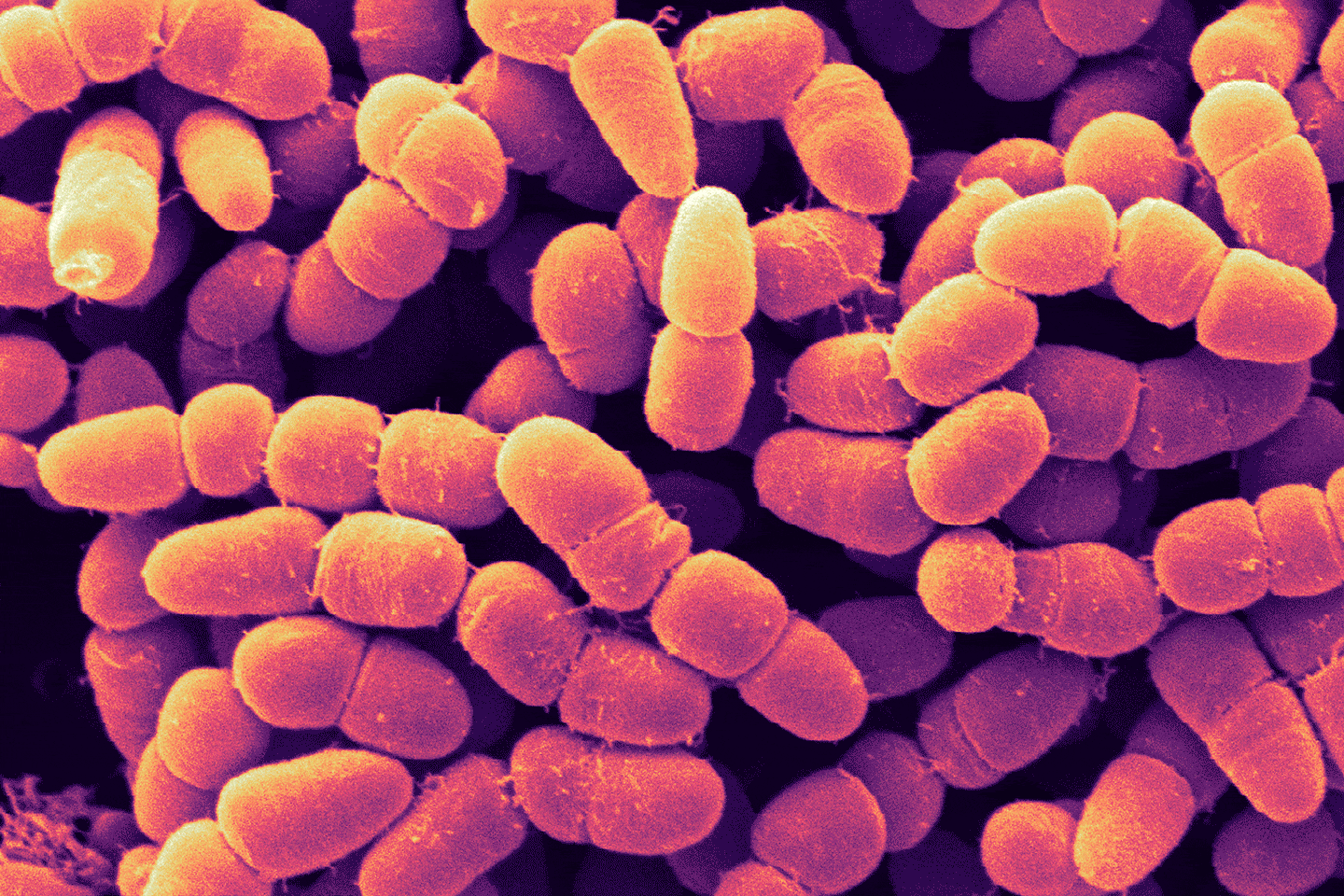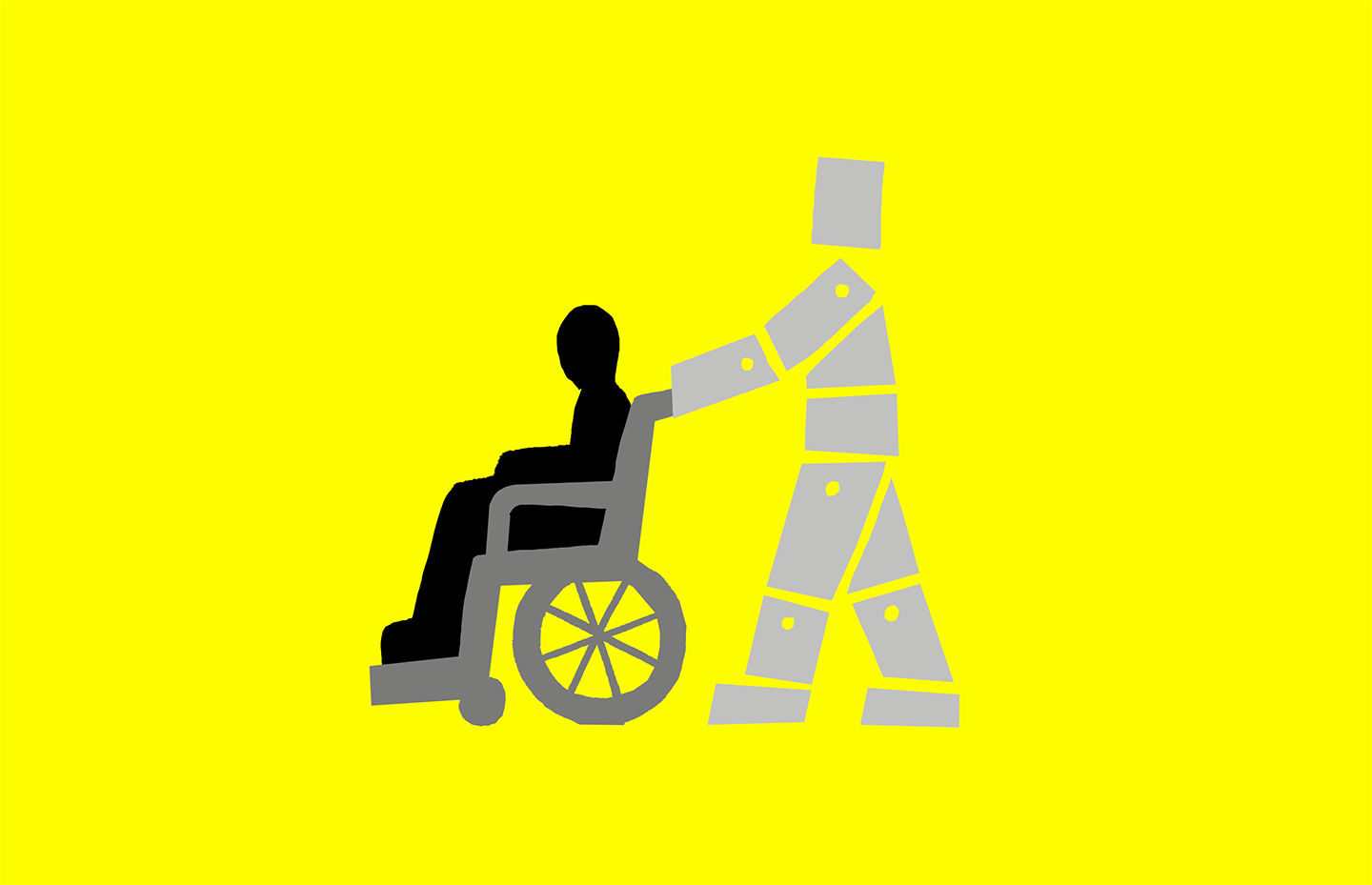DEBUNKER
Is There a Link Between Sugar and Hyperactivity?
It’s a phenomenon all too familiar to many parents: An ordinarily calm kid runs amok at the bowling alley, gorging himself on pizza and cola, and turns into a whizzing, fizzing, child-shaped bouncy ball. The obvious culprit is too much sugar, plain and simple. Except—well, maybe that’s not the cause. Or, at least, the evidence suggests otherwise.
Let’s be clear: No one’s suggesting that a diet high in sugar is good for anyone’s health, whatever their age. Indeed, it’s well accepted that sugar plays a key role in tooth decay and obesity, and may be related to the development of metabolic diseases and mental-health problems, among other conditions. But the notion that a fizzy drink is all that stands between tranquility and hysteria doesn’t seem to hold up to scrutiny, even though it’s now basically accepted as a key parenting truth.
The origins of this cultural belief date back to the mid-1970s, when Benjamin Feingold, a California-based pediatric allergist, published a bold and widely read book called Why Your Child is Hyperactive. In it, he proposed a then-novel hypothesis: that ADHD might be caused by artificial food flavors and colors.
Feingold’s book sold tremendously well. The notion that you could prevent challenging behaviors simply by changing your child’s diet struck a chord with worn-out parents desperate for an easy solution. Many opted to put their children onto Feingold’s elimination diets, which banned foods that had artificial additives and colorings, as well as a host of very particular fruits and vegetables, such as apricots, grapes, and pickles. Feingold had originally designed this diet to help people manage or avoid allergic reactions; when he observed what appeared to be improved behavior in his juvenile patients, he pivoted its intention to stamping out hyperactivity instead.
While its list of banned items are extensive (also including cloves, aspirin, and mint-flavored toothpaste), there’s no real mention of sugar. But because so many of the artificial flavoring-laced foods Feingold called on parents to rule out happened to also be very sugary, like soft drinks and candy, the public began to create a link completely absent from the underlying thesis—that sugar was in some way involved in otherwise neurotypical children becoming unmanageably hyperactive.
That there’s little scientific backing to this belief isn’t news. In 1982, the National Institute of Health made a formal announcement that there was no scientifically proven link between diet and hyperactivity. In the decades since, it’s been disproven in countless pieces of research. One double-blind study from 1994 took two groups of preschoolers, one of which was reportedly sensitive to sugar. The researchers put the children on diets that were high in sucrose (“real” sugar), or the artificial sweeteners aspartame or saccharin, and monitored their behavior over a period of weeks. For all of these children, “sugar-sensitive” or otherwise, the researchers write, “there were no significant differences among the three diets in any of 39 behavioral and cognitive variables.”
Many of our beliefs about sugar come down to our pre-existing notions. It’s the literal version of a placebo sugar pill.
Perhaps you’re reading this and shaking your head. You’ve been witness to one too many parents attempting to calm down an overtired, over-sugared child—or even been that parent. Or perhaps you recall downing an entire bag of gummy worms and then bouncing off the wall for the next hour. The data must be wrong.
Actually, that part is consistent with research: Many of our beliefs about sugar come down to our pre-existing notions. It’s the literal version of a placebo sugar pill.
The association between hyperactivity and sugar often seems to come down to parents’ expectations. In one particularly rowdy-sounding study, researchers from Kansas brought 35 boys together, aged between five and seven, all of whom were reported to be “sugar sensitive.” They were given a sweet drink, then returned back to their mothers, half of whom had been told that the drink was high in sugar. (In fact, all of the drinks were sugar free, and contained aspartame.) The mothers who thought their children were coming off a sugar hit described them as significantly more hyperactive, expecting a meltdown on the horizon, even though all the boys had been exposed to exactly the same sweetener.
It’s also worth thinking about the situations—birthdays, laser tag parties, poolside holidays—in which children have untrammeled access to the sweet stuff. These are stimulating environments to begin with, and it’s hard not to get overexcited—particularly if you’re a small person who’s been told that foods that are normally off-limits, like cake or candy, are now on tap. Add in the caffeine in many carbonated beverages, and you create a perfect storm.
In the past 20 years, there’s been little research done on the link between hyperactivity and sugar. That’s in part due to a vast meta-analysis of the studies available, published in 1995, which found unambiguously that “sugar does not affect the behavior or cognitive performance of children. The strong belief of parents may be due to expectancy and common association.” Even though it’s a pressing concern for many parents, who feel they’ve seen evidence of it with their own eyes, the overwhelming evidence that sugar doesn’t seem to serve as a hyperactivity on-off switch for neurotypical children seems to make it of little interest to most scientists.
That said, there’s still much we don’t know about sugar and the many ways it affects our behavior and health. And Big Sugar’s alleged—though contested—attempts to derail research about its negative effects on our health throughout the 1960s, 1970s, and 1980s may have left holes in our understanding, as well as cavities in our teeth.












